1. Introduction
In Part 2 of the analysis of Play-to-earn games, I will discuss the legal situation regarding the Swiss Banking Act (BA), the Swiss Anti-Money Laundering Act (AMLA) and the and the Swiss Financial Market Infrastructure Act (FMIA).
In Part 1, I concluded that none of the tokens (AXS, SLP and Axie NFT) used in the Axie Infinity ecosystem are to be considered Asset Tokens according to the FINMA ICO Guidelines. Rather, they are Hybrid Tokens bearing the characteristics of a Payment and Utility Token.
2. Swiss Banking Act
Certain crypto-based custody services can trigger the need for a banking license in Switzerland.
The primary purpose of the BA is to protect the public, particularly bank creditors and their deposits. Liabilities with debt capital character (e.g. promises to return capital with a guaranteed return) are treated as deposits and trigger a requirement under the BA to obtain a banking license or a Fintech license, respectively, unless exceptions apply.
Payment Tokens held with a wallet provider/operator may qualify as deposits similar to money in the form of legal tender (cash or book money) if three prerequisites are met. First, the token holder cannot convey over its Payment Tokens at any time without the involvement of the wallet provider/operator; Second, the wallet provider has a repayment obligation towards the token holder; and third, the Payment Tokens fall into the bankruptcy assets of the wallet provider/operator in the event of bankruptcy of the wallet provider/operator.
Further, according to Art. 1b para. 1 let. a BA in connection with Art. 5a of the Banking Ordinance (BO) a FinTech license is necessary if crypto-based assets (Payment Token) are held in collective custody and if they can be excluded from the bankruptcy estate.
Sky Mavis offers only non-custody wallets and has no power to convey over the private keys of the token holders. Hence, the BA is not applicable in this case.
3. Swiss Anti-Money Laundering Act
3.1 Legal Basis
The AMLA is generally applicable for so-called financial intermediaries, which professionally accept or hold assets belonging to others or help to invest or transfer them. Particularly, the AMLA is applicable for persons rendering service for payment transactions. The AMLA is applicable for persons acting in or out of Switzerland.
The issuance of a Payment Token is subject to the AMLA. Consequently, the issuer will have to adhere to AML-provisions and join a self-regulatory organisation (SRO).
Regarding the application of the AMLA to blockchain developers, the recently revised ordinance to the AMLA (AMLO) is relevant. The AMLO states that persons helping to transfer virtual currencies (i.e. Payment Token) to a third party is subject to the AMLA, provided that they maintain a permanent business relationship with the contracting party or provided that he exercises power of disposal over virtual currencies on behalf of the contracting party.
Consequently, blockchain providers have to adhere to the AMLA and join a SRO, if they maintain a permanent contractual relationship with the token holders. For example, if they provide a non-custody wallet on a permanent basis.
In contrast, providers of non-custody wallets, which are only providing a one-time software license and do not maintain a permanent relationship, are not subject to the AMLA.
The AMLA duties entail the identification of the contracting party, the identification of the beneficial owner of the funds, the identification and monitoring of high-risk relationship and transactions as well as the reporting of suspicious cases to the authorities. The specific extent of these duties needs to be assessed according to the individual set-up of the project. Of course, many of these duties can be outsourced the third-party providers.
Since there is the possibility to fulfil these purely online and the fact that there are blockchain-specific compliance-tools, these duties can in most cases be fulfilled.
In any case, the AMLA is applicable to an organizer of online money games.
3.2. Assessment
If Sky Mavis were in Switzerland, it would be subject to the AMLA. Sky Mavis has a permanent relationship in the form of a game account, which is needed to access the platform. Moreover, Sky Mavis runs a marketplace for the exchange of in-game NFTs, which is only accessible through a web-based application of Sky Mavis. The user needs a Ronin Wallet and a Metamask Wallet in order to buy and sell Axie NFT on this marketplace.
Consequently, players and the beneficial owner of the funds transferred to the Axie Infinity ecosystem would need to be identified. Moreover, business relationships and transactions would need to be monitored. Finally, a membership with a SRO would be required.
4. Swiss Financial Market Infrastructure Act
The Swiss Financial Market Infrastructure Act (FMIA) provides rules for stock exchanges, multilateral and organised trading systems, central securities depositories, central counterparties and payment systems. However, only such platforms offering services regarding securities, financial instruments or payment systems are subject to the FMIA.
Since the marketplace only provides for the trade of in-game NFT, which are unique and are not securities or financial instruments, the FMIA is not applicable.
5. Conclusion
Regarding the financial market laws, Sky Mavis, as the developer of Axie Infinity, would not have to file for any financial market licence in Switzerland. If Sky Mavis would be in Switzerland, then it would need to adhere to the AMLA and join a SRO.
However, since the penalties for operating a non-authorised business are high, a diligent analysis of every Play-to-Earn game is crucial. In most cases, however, the AMLA will need to be observed and a SRO membership will need to be obtained.




